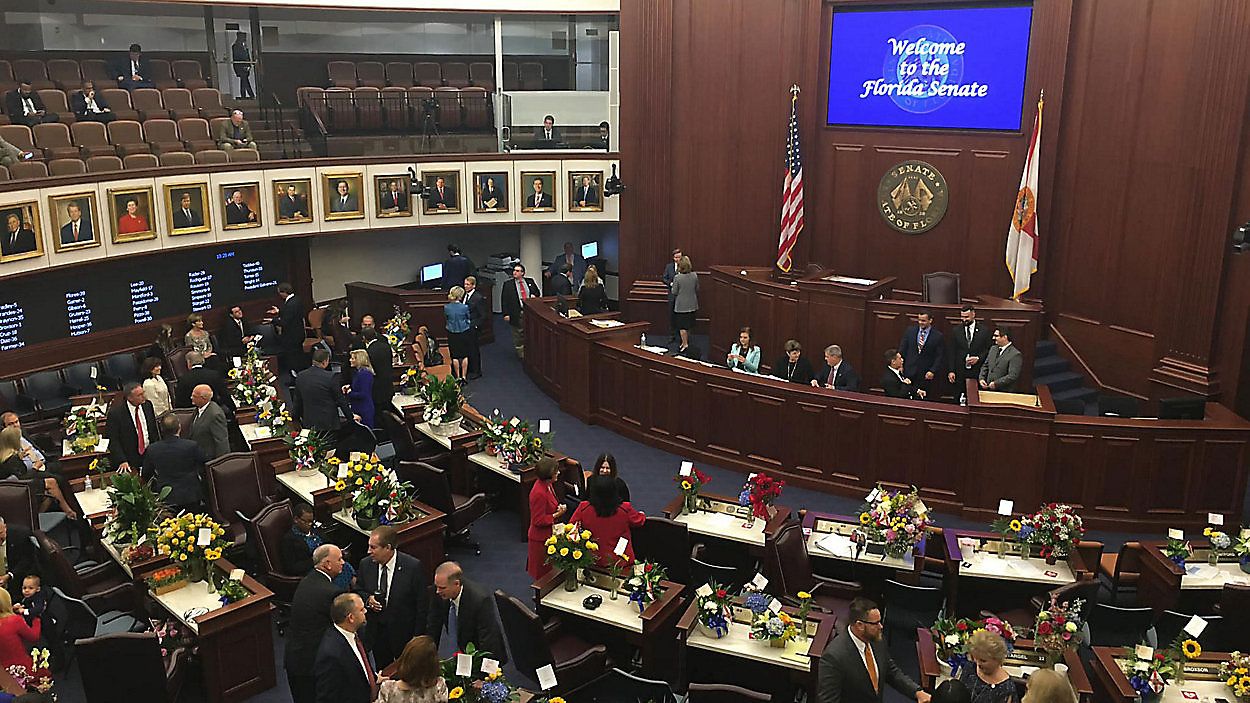TALLAHASSEE, Fla. — The weekend shootings in El Paso and Dayton are reinvigorating the debate over gun control in Florida, with the state's controversial new 'red flag' school safety database in the spotlight once again.
Here's five questions surrounding the new database answered:
1) What is the database?
Officially named the Florida Schools Safety Portal, the database was created by state lawmakers during this year's legislative session. It became fully operational before an August 1 deadline and enables law enforcement to track potential warning signs, including social media posts and newly-created mental health records, which might indicate a school shooting in the making.
2) Why is it controversial?
Critics - including the American Civil Liberties Union, Mental Health America and the League of Women Voters - warned Gov. Ron DeSantis in a letter last month that the database "could be used to stigmatize and blame children who have been victims of bullying or whose only 'risk' factor is their disability." The governor declined to halt the database's development.
3) How are the El Paso and Dayton shootings renewing the debate over the database?
In the hours after the El Paso shooting, Florida Attorney General Ashley Moody, a Republican, tweeted "we do know that we must get better at detecting deranged individuals who intend to do us harm." Replying to the tweet, one of her detractors wrote "Ashley Moody thinks spying on teens for mental illness OK," echoing concerns about the potential for the database to infringe on privacy rights.
4) What do state officials have to say about privacy concerns?
In a statement last month, the governor's office noted only officials authorized to view criminal justice data are allowed to log onto the database. It added that all information is stored in the cloud, helping to keep it from being downloaded and leaked.
5) What are gun control advocates saying?
The focus by Moody and other Florida's other Republican leaders on mental health is misplaced, they argue, and an intentional distraction from calls to limit access to the semiautomatic weapons used in most of the nation's mass shootings.









